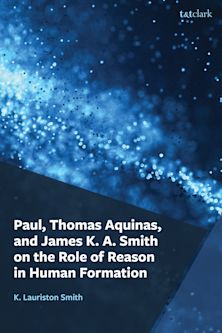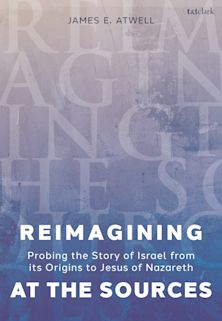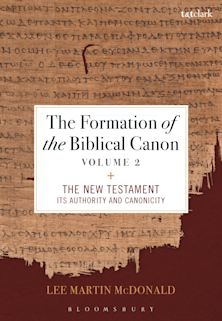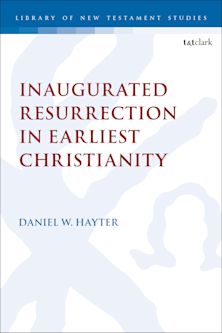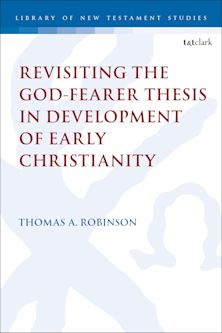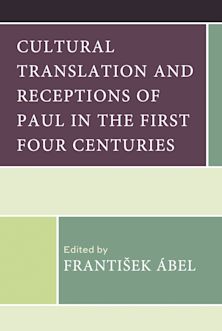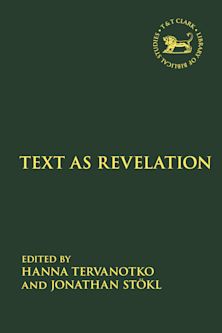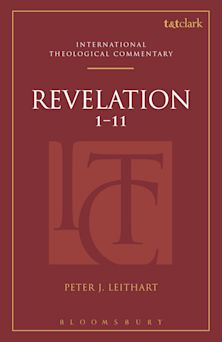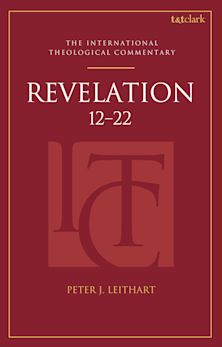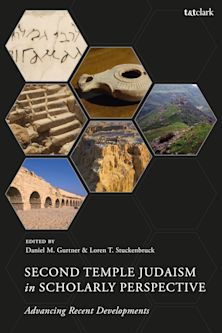- Home
- ACADEMIC
- Biblical Studies
- New Testament
- The Apocalypse of John and Liberation Theology in Africa
The Apocalypse of John and Liberation Theology in Africa
The Apocalypse of John and Liberation Theology in Africa
You must sign in to add this item to your wishlist. Please sign in or create an account
Description
The older ways of understanding the Apocalypse of John—even the experience of the prophecy itself—no longer work. The Apocalypse of John and Liberation Theology in Africa offers a new paradigm for interpreting the apocalypse in Africa. This book makes it clear that the Bible has been a strong force in legitimatizing colonization, as it constructed a “self-validating” world, in which domination appeared normal and permanent. While the Bible in the hands of Africans is reducible to a sociological current, it cannot be read in isolation from the African context. The Bible has championed the control of African culture, so Africans have come up with ways and means of recontrolling a text so zealously read and taught in the region. This book explores those new ways of reading for the liberation of the African continent.
Table of Contents
Introduction: An African View of The Apocalypse of John
Chapter One: In the Beginning—1:1-8
Chapter Two: Christ in The Living Church- 1:9-3:22
Chapter Three: The Lamb as The Redeemer- 4:1-6:17
Chapter Four: The First Survivors of God’s People—7:1-11:19
Chapter Five: The Signs of The Times- 12:1-14:20
Chapter Six: The Seven Bowls—15:1-16:21
Chapter Seven: The Fall of The Great City—17:1-19:5
Chapter Eight: The Victory of The Lamb—19: 6-22:6
Conclusion: A Contrapuntal Way of Reading the Apocalypse
References
Product details
| Published | 06 Dec 2023 |
|---|---|
| Format | Ebook (PDF) |
| Edition | 1st |
| Extent | 1 |
| ISBN | 9798216290162 |
| Imprint | Lexington Books |
| Publisher | Bloomsbury Publishing |
About the contributors
Reviews
-
Certainly, this is a relevant magnum opus, whose key conceptions—derived from the biblical book of the Revelation of John—are apocalypse, cataclysm, death, and destruction. This book goes a long way in Africanizing the concept of the apocalypse, to the extent that it gives the apocalypse a reflective meaning outside the Hebrew world. It is indeed a welcome read for all biblical and Africanist scholars globally, as it helps us in understanding the twenty-first-century hermeneutical trajectories in the most profound way possible.
Julius Gathogo, Kenyatta University

ONLINE RESOURCES
Bloomsbury Collections
This book is available on Bloomsbury Collections where your library has access.













